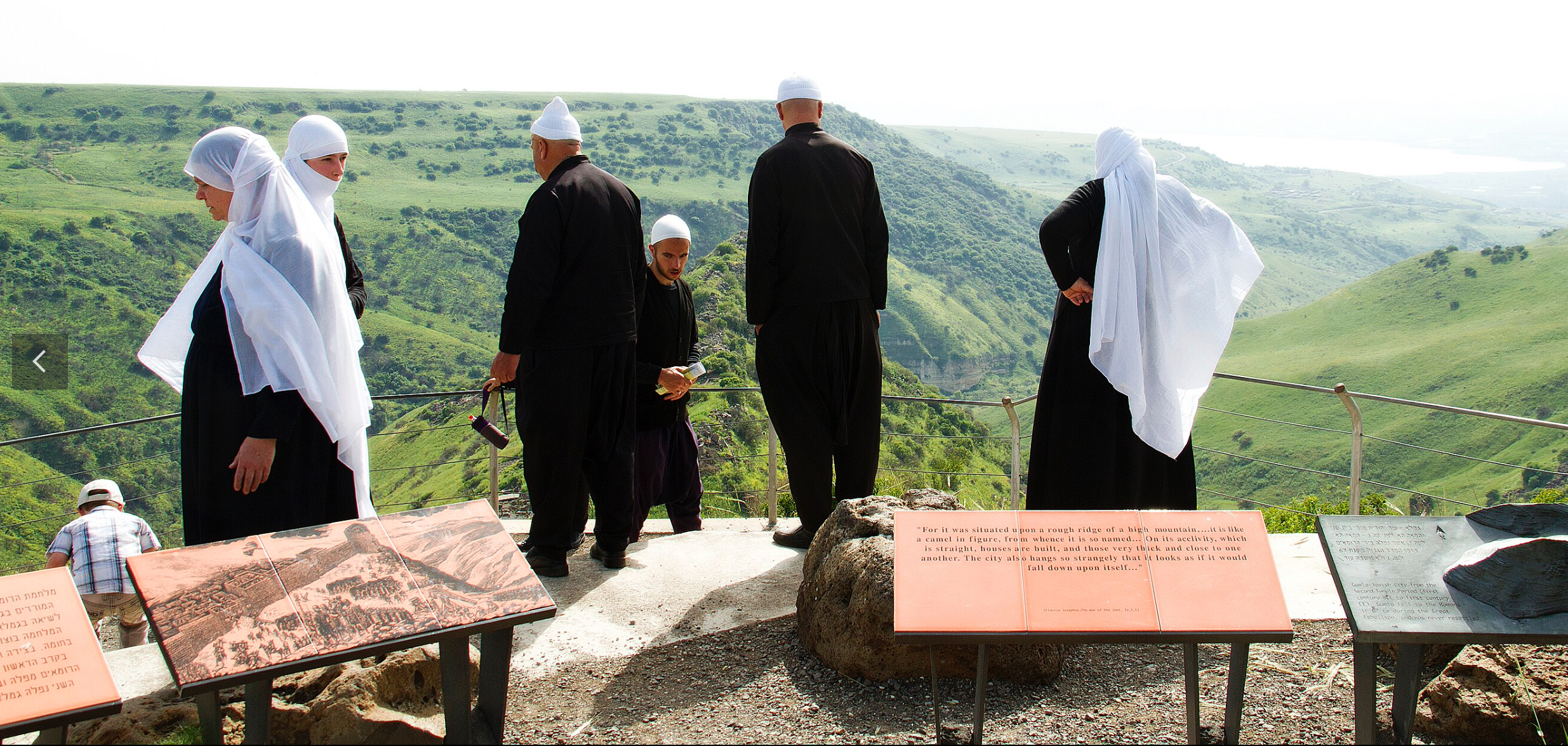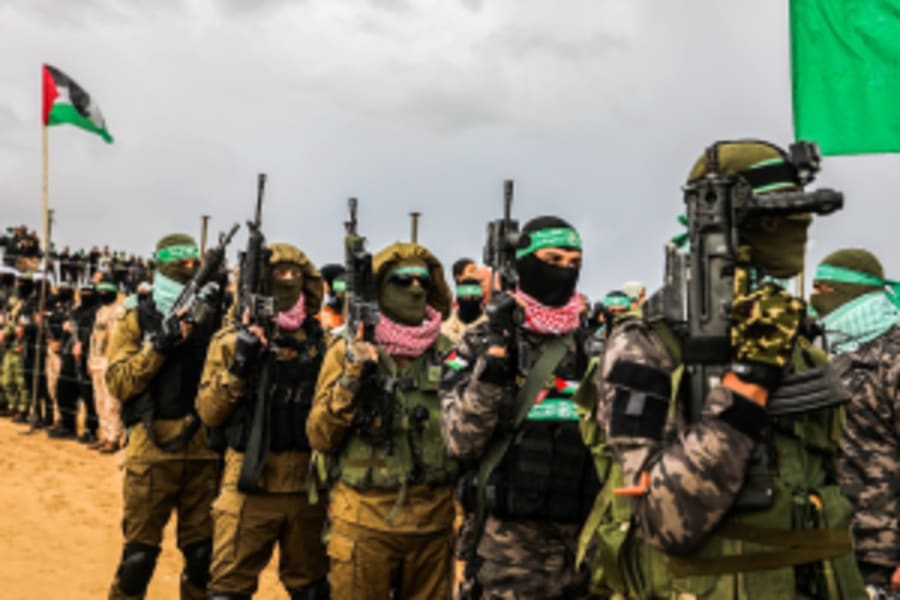The Druze and Israel: Guardians of the mountains

In the rugged mountains of the Levant, a secretive and resilient people have carved out a unique identity over centuries. The Druze, a religious and ethnic minority with roots in 11th-century Egypt, have long been both persecuted and pragmatic, surviving by aligning with regional powers while guarding their faith’s mysteries. Today, their alliance with Israel—forged in shared struggle and mutual respect—stands as a testament to the complexities of Middle Eastern geopolitics and the moral imperatives that sometimes transcend it.
To understand the Druze-Israel bond, one must first delve into their history. As Dr. Mordechai Kedar, a renowned scholar of Arabic and Middle Eastern studies at Israel’s Bar-Ilan University, explains in a recent interview with Sarah Stern of the Endowment for Middle East Truth (EMET), the Druze emerged as a splinter group from Islam in the 10th century. Rejecting core Islamic tenets, they faced immediate persecution. “Once a person converts to Islam, there is no way out,” Kedar notes, referencing the severe punishment for apostasy in traditional Islamic law. The Druze, deemed heretics, fled to the mountainous regions of modern-day Lebanon, Syria, and Israel—a strategic choice. “Minorities always live on the mountains,” Kedar observes. “The Sunni Muslims live in the plains… but the mountains provide protection.”
The Druze’s survival strategy has hinged on loyalty to the ruling power. Under the Ottoman Empire, they enjoyed autonomy by paying taxes and avoiding conflict. But when the French and British dismantled Ottoman rule after World War I, the Druze rebelled against French attempts to integrate them into a Sunni-dominated Syria. Their 1925 uprising, led by Sultan al-Atrash, became a symbol of resistance, though it ultimately failed. “The French put a siege on [their mountain]… almost killing them all by starvation,” Kedar recounts. Forced into the Syrian state, the Druze adopted a pragmatic approach: align with the strongest faction to ensure survival.
This pragmatism extended to Israel. During the 1948 War of Independence, Druze leaders, observing Israel’s resilience, chose to side with the nascent Jewish state. “They joined us wholeheartedly,” Kedar says. By 1955, Druze men were conscripted into the Israel Defense Forces (IDF), where they serve with distinction. Their combat unit volunteer rates exceed those of Jewish Israelis—a reflection of their commitment. “They know what they are defending,” Kedar emphasizes, recounting a story of a Druze officer whose father overheard Arab neighbors plotting to seize Druze homes after a hypothetical Arab victory in 1967. “You go and serve in the army because otherwise [they] will divide our houses,” the father urged.
The Druze-Israel relationship is not merely transactional; it is familial. Druze communities in Israel’s Carmel region, Galilee, and Golan Heights are fully integrated, with many holding Israeli citizenship. Kedar highlights the heroism of figures like Salim Shufi, a Druze teenager who fled Syria to Israel in the 1950s and later guided elite IDF units on covert missions. “Netanyahu and [other commanders] walked behind him into Syria and back,” Kedar says. Shufi’s legacy is honored annually, symbolizing the deep trust between the Druze and Israel.

Yet the Druze’s Syrian brethren face existential threats. Since Syria’s civil war, jihadist groups like Hay’at Tahrir al-Sham (HTS)—a faction with ties to Al-Qaeda—have targeted Druze villages, viewing them as apostates. “They are butchering them, kidnapping their daughters,” Kedar warns. For Israel, the crisis is personal. Many Israeli Druze have relatives in Syria, and WhatsApp groups relay real-time pleas for help. “They demand the government protect their brothers,” Kedar notes.
Israel’s intervention in Syria to protect the Druze is framed by both moral obligation and strategic calculus. Kedar argues that loyalty is a cornerstone of Middle Eastern culture: “If you betray your allies, you are not a human being.” Israel’s abandonment of the South Lebanon Army in 2000, he contends, stained its reputation. Supporting the Druze rectifies this—and sends a message to regional allies like Saudi Arabia and Egypt: Israel stands by its friends.
Moreover, the Druze are a bulwark against jihadist expansion. Kedar proposes “credible threats” to HTS leader Abu Mohammad al-Julani: harm the Druze and face Israeli retaliation. Such deterrence, he argues, is low-cost compared to Israel’s broader multi-front war against Iran’s proxies. “Protecting the Druze seems easy compared to Gaza or Yemen,” Kedar remarks.
The Druze dilemma also tests Israel’s identity as a nation that defends minorities. Kedar contrasts Israel’s treatment of the Druze with Assad’s oppression of Sunnis, noting that the Druze sided with Assad out of survival, not malice. “They had no choice but to be with the winner,” he says. Now, as the Druze face genocide, Israel’s actions will reverberate beyond Syria. “The whole Middle East is watching,” Kedar warns.
In a region where alliances shift like desert sands, the Druze-Israel bond endures. It is a partnership forged in mutual respect, shared sacrifice, and the unspoken rule of the Levant: loyalty is survival. As Kedar concludes, “We should support the Druze in every possible way.” For Israel, the choice is clear—and so are the stakes.

Aurthur is a technical journalist, SEO content writer, marketing strategist and freelance web developer. He holds a MBA from the University of Management and Technology in Arlington, VA.













